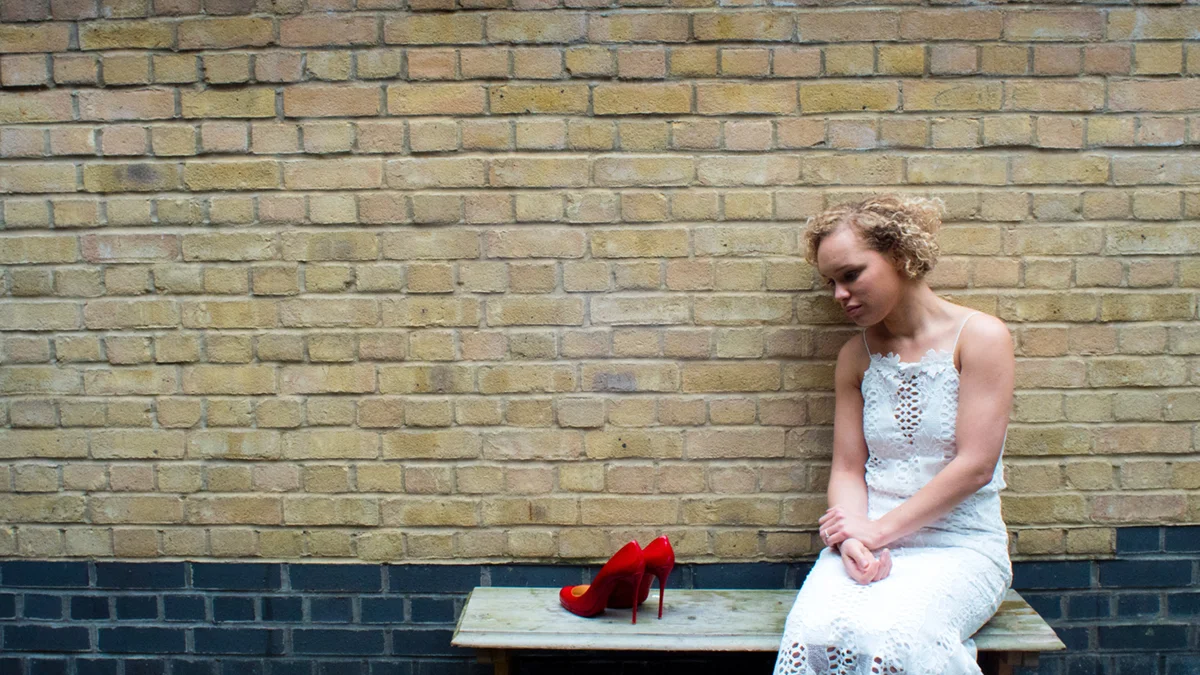I recently saw a video on Facebook of a lady who claimed she was saving money by reusing water that she cooked spaghetti in, making everyone take 1 minute showers, switching off the TV during commercials when watching a show in order to save electricity etc.
This behaviour has deeper emotional seeds than just wanting to be frugal, and would argue that it’s self-deprivation and miserly.
There’s a difference between being frugal and being miserly
The Merriam Webster Dictionary defines frugal as characterized by or reflecting economy in the use of resources.
A miser is defined as someone who’s stingy with money. This is someone who refuses to spend money.
Financial Behaviors of a Frugal or Financially Savvy Person
Using the definition of frugality, we can assume that a frugal person would use their resources wisely and exhibit the following behaviors:
1. Good money management
Frugality means looking at the best use of your money in this moment whilst still getting a balanced amount of joy from spending, investing and saving your money.
Instead of earning money to pay off debt, you earn money to live and do the things you want.
2. Matching our finances to our overall goals
There are 2 ways that we become financially free: by increasing our income and decreasing our spending.
It’s important to do both if you’re to become truly financially free.
The journey to financial freedom should encourage us to innovate and play big in order to find new ways of making money and not box us in and shrink our dreams to fit our income.
Frugal behavior isn’t about cutting expenses but investing that money that you save in stocks, a business or real estate in order to increase your income and create multiple streams of incomes.
3. Aligning expenditures with value
This is the key to being frugal – spending money on the things that give you real joy and add value to your life instead of buying things to look good and give you a self-esteem boost.
If you can curb your spending habits, you’re already a step ahead of most people, because you have more money to save and do the things you want.
4. Being authentic
Most people are in debt because they spend their lives silently competing with their neighbors or friends.
Our friend gets a BMW; we want to prove we’re better than them so we get a Maserati. This behavior leads to debt.
Financial Behaviours of someone practising self-deprivation
1. deny yourself good things
A friend once asked me to suggest dumpster diving to my coaching clients as a way to save money.
MYyclients could spend their time behind shopping malls looking for food in dumpsters instead of spending that time finding new ways to generate income and buy food.
Sometimes money is really tight and we may not have enough to make ends meet that’s a situation I know very well and can sympathize.
But if you have money and can’t spend it to nourish you then why bother making money?
2. Live in fear of losing money
Abundance is a state of relaxation about material things, which comes from understanding that we have the power to create the lives that we dream of.
When we fear losing money (or anything), we hold onto it very tightly, which stops us from taking risks with money.
This works against us because most investments in the world are risky and we have to take on this risk in order to get market returns and create multiple streams of income.
3. Guilt over spending money
Guilt forces you to pay restitution for your wrongs, if you feel guilty about your good fortune, one way to rectify it is by never enjoying your money so you avoid spending it on yourself or on anyone.
4. You never dip into your savings even for the hard times
You never dip into your savings when things are hard. You'd rather stick through the hard times then make the journey easier on yourself. You hold onto money for dear life.
Frugality is THE new buzz word in personal finance.
It’s what we all aspire to, but there comes a point when you have to decide what works for you - what’s economical for you and aligns with your mission in life?
What’s the point in saving for a rainy day if you can’t spend money on yourself without feeling guilty or you never use your savings when things get hard?
Please share your comments with me below…



